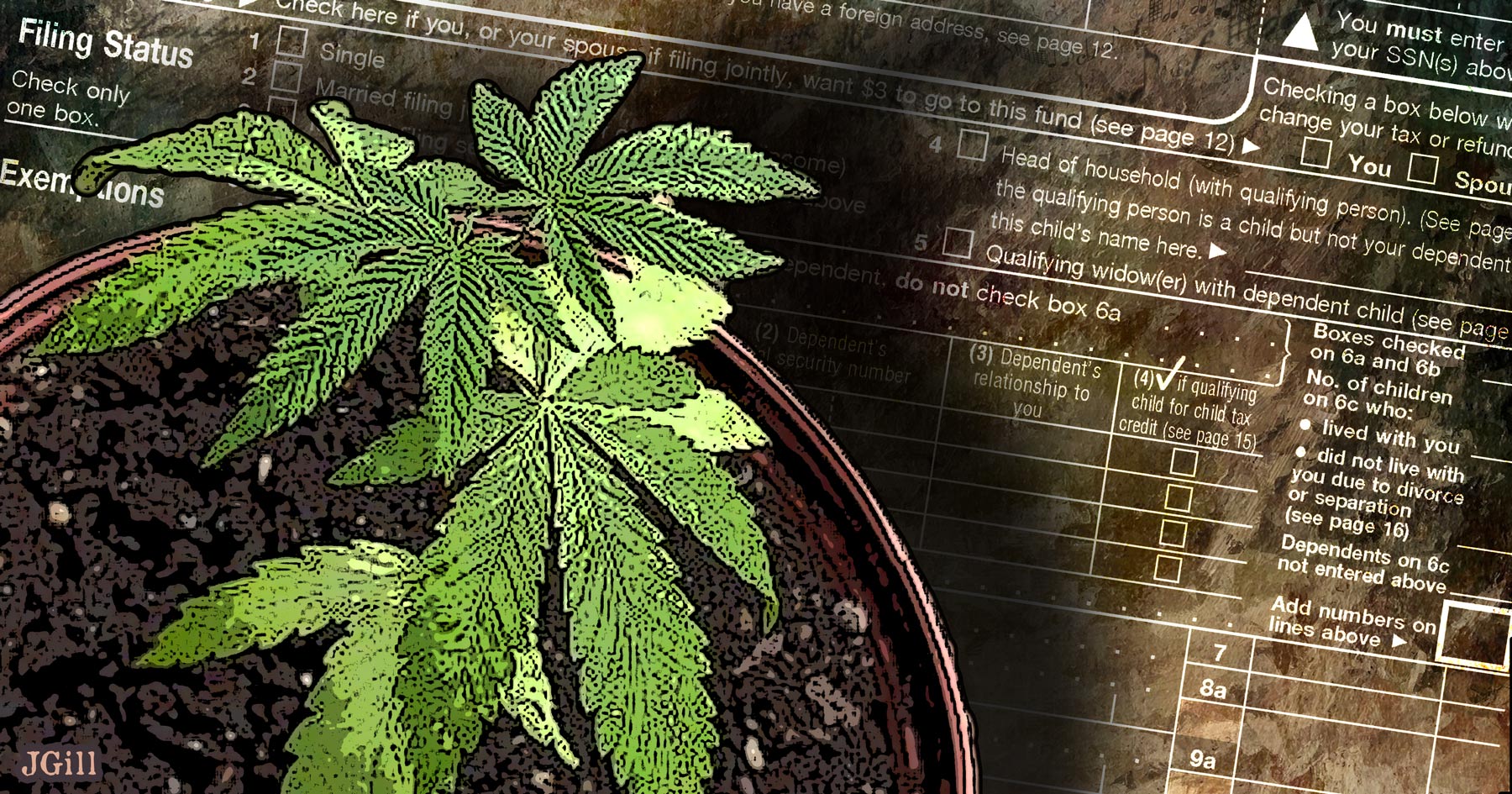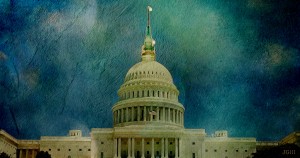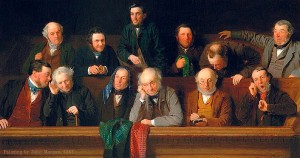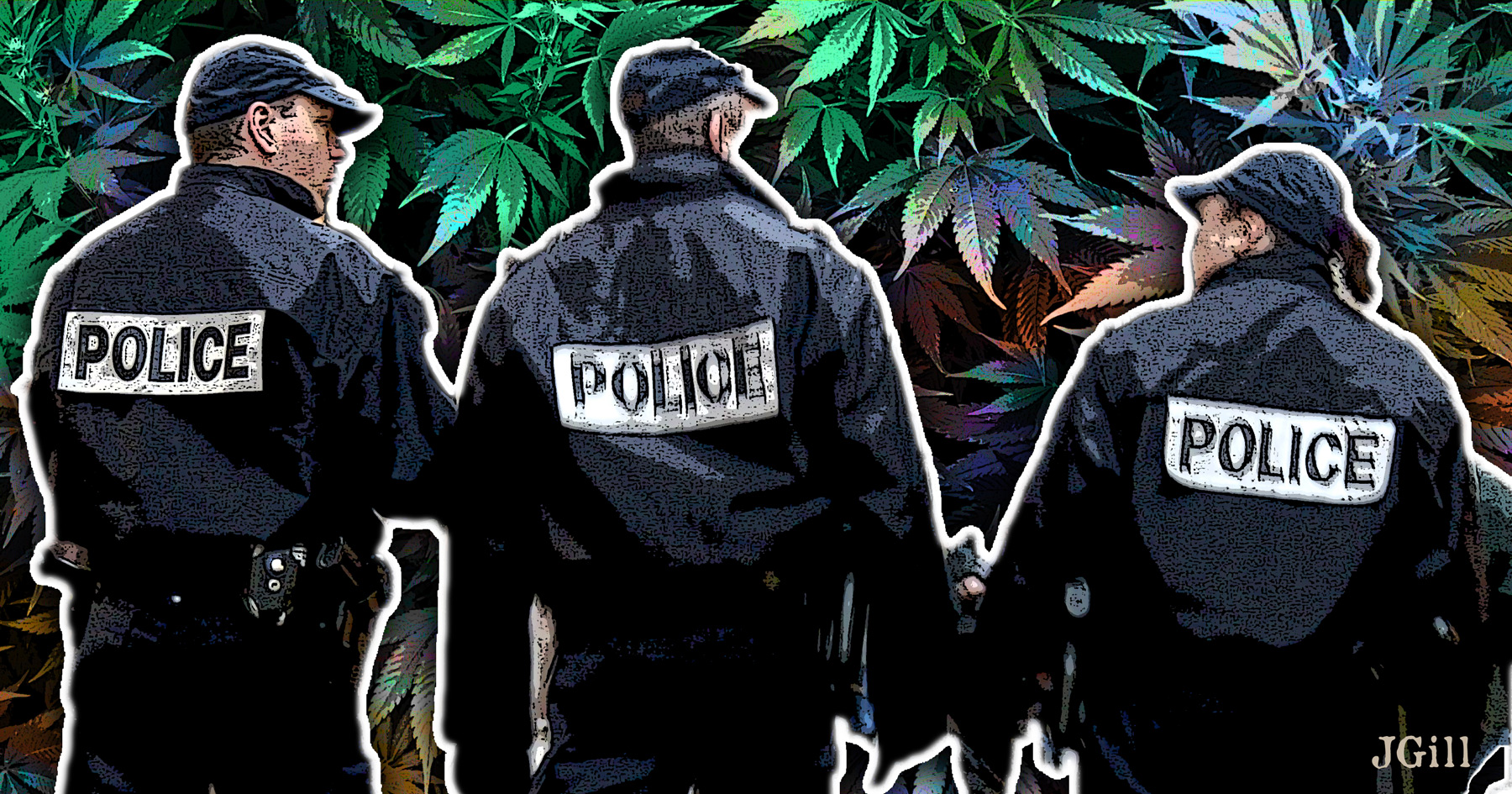Last week, I warned of marijuana legalization.
Not that I’m against it. But how much will actual freedom be increased?
Note: I’m not bemoaning, as one activist friend argued, that “if you can’t toke up and celebrate in public when it passes, it’s not legalization.”
One cannot now legally smoke tobacco in most public buildings (meaning those open for business as well as government-owned structures) or drink a beer in most public parks or while navigating sidewalks. But you can smoke and drink at home or on certain types of private property.
Ending the drug war and treating newly legalized marijuana pretty much as we treat alcohol and tobacco seems like a long overdo common sense approach.
There’s also the freedom of home cultivation. I have friends who make wine at home, for private consumption. It’s legal; it’s proper. It should also be legal to grow cannabis at home. Yet, many a politician thinks otherwise.
And they are inspired, in a sense, by the popular legalization mantra, “legalize, tax and regulate.” That sends an ominous signal: in order to maximize revenues, politicians see the revenue advantage in forbidding hard-to-tax home cultivation — cultivation that is, let’s face it, a traditional freedom, a right “retained by the people.”
The excuse for this continued prohibition could be “think of the children.” But it’s probably just greed for revenue … and the even more hidden enticements of “crony capitalism,” which plagues almost all industry.
You should be able to grow a plant. And self-medicate. These are basic human rights, and the state should work around those.
This is Common Sense. I’m Paul Jacob.











